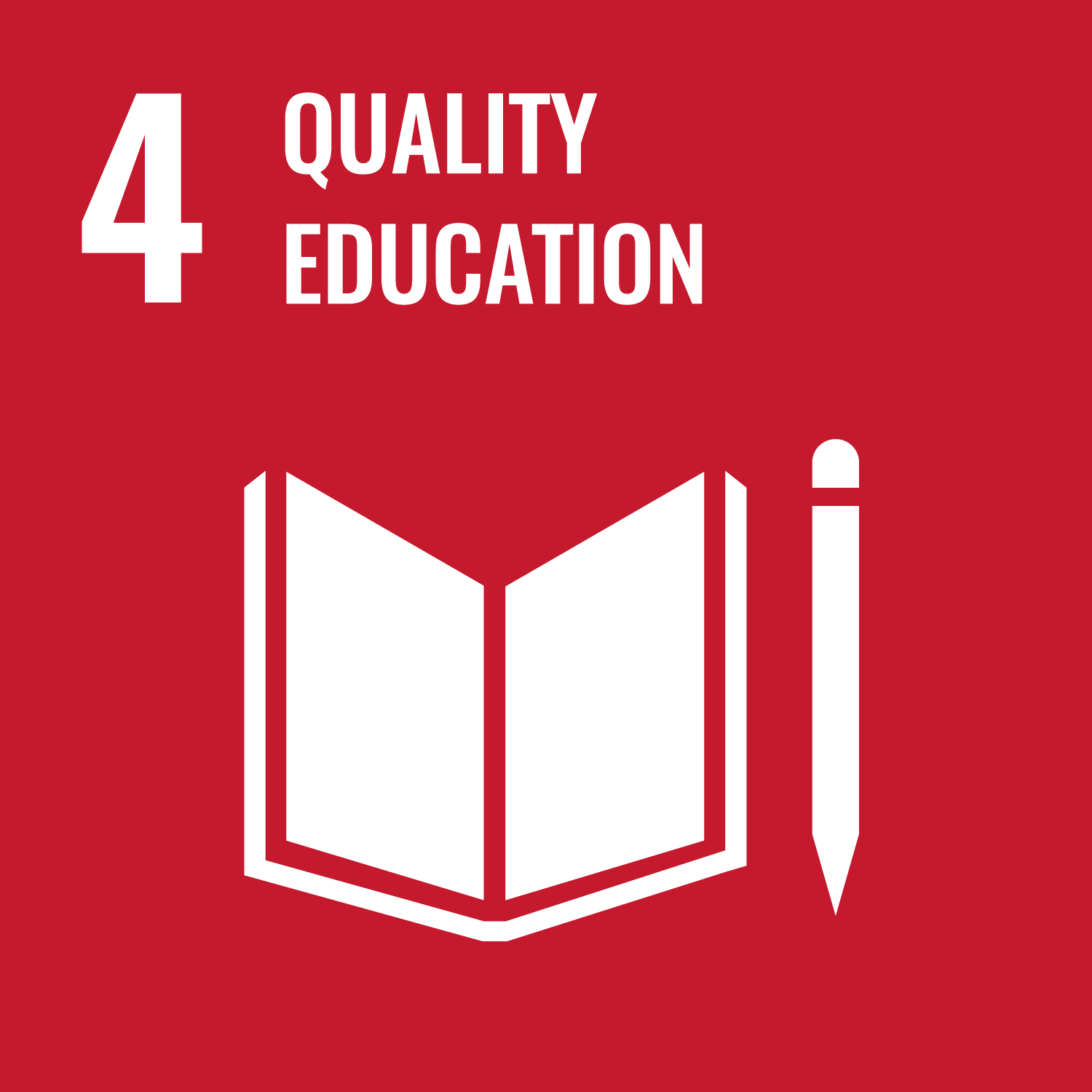Ranathunga, A. orcid.org/0000-0001-8746-5326 (2025) Student Success with IDEAS in Action. In: Student Education Conference, 09-10 Jan 2025, University of Leeds.
Abstract
Students often face challenges in design project modules due to the complexity of assessment tasks, leading to low engagement, poor time management, and heightened anxiety. To address these issues, this study implemented a series of inclusive, pedagogically informed, and digitally enhanced strategies in the Level 3 Integrated Design Project module.
Digital scaffolding, delivered through screencasts, simplified complex tasks, making them more accessible and easier to understand. The “interactivity” tool in Microsoft Streams promoted active learning, while screencasts were paired with exemplars from past assessments, offering clear models of success. An adaptive release strategy ensured that students completed formative quizzes before accessing these materials, promoting timely engagement. This combination significantly improved student participation, with over 85% actively engaging with the resources, thereby reducing last-minute stress, and enhancing comprehension.
Collaborative learning was enhanced via a co-created FAQ board structured with specific themes on Padlet, enabling students to anonymously address shared challenges in real time. Additionally, structured reflection tasks in Minerva allowed students to track their progress and receive automated feedback, fostering self-regulation and improving time management. These activities helped students take ownership of their learning, as reflected in positive feedback and improved task completion rates.
We recommend using adaptive release strategies to ensure timely student engagement with learning materials, supported by exemplars of successful student work to motivate and guide students. Digital scaffolding, such as screencasts, effectively simplified complex tasks and provided flexible learning resources, helping students better manage their workload. Structured reflection tasks and automated feedback systems, implemented in response to previous student feedback, enabled progress tracking and formative feedback, promoting autonomy and continuous improvement. These strategies enhance performance and engagement in complex, skill-intensive modules and help reduce staff workload, particularly in large-class teaching.
Metadata
| Item Type: | Conference or Workshop Item |
|---|---|
| Authors/Creators: |
|
| Keywords: | Inclusive Pedagogies; Digital tools; Student Success; Student Engagement |
| Dates: |
|
| Institution: | The University of Leeds |
| Academic Units: | The University of Leeds > Faculty of Engineering & Physical Sciences (Leeds) > School of Civil Engineering (Leeds) |
| Depositing User: | Symplectic Publications |
| Date Deposited: | 16 Jan 2025 12:02 |
| Last Modified: | 16 Jan 2025 12:02 |
| Status: | Published |
| Sustainable Development Goals: | |
| Open Archives Initiative ID (OAI ID): | oai:eprints.whiterose.ac.uk:221849 |


 CORE (COnnecting REpositories)
CORE (COnnecting REpositories) CORE (COnnecting REpositories)
CORE (COnnecting REpositories)